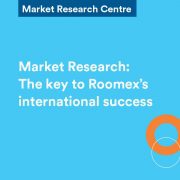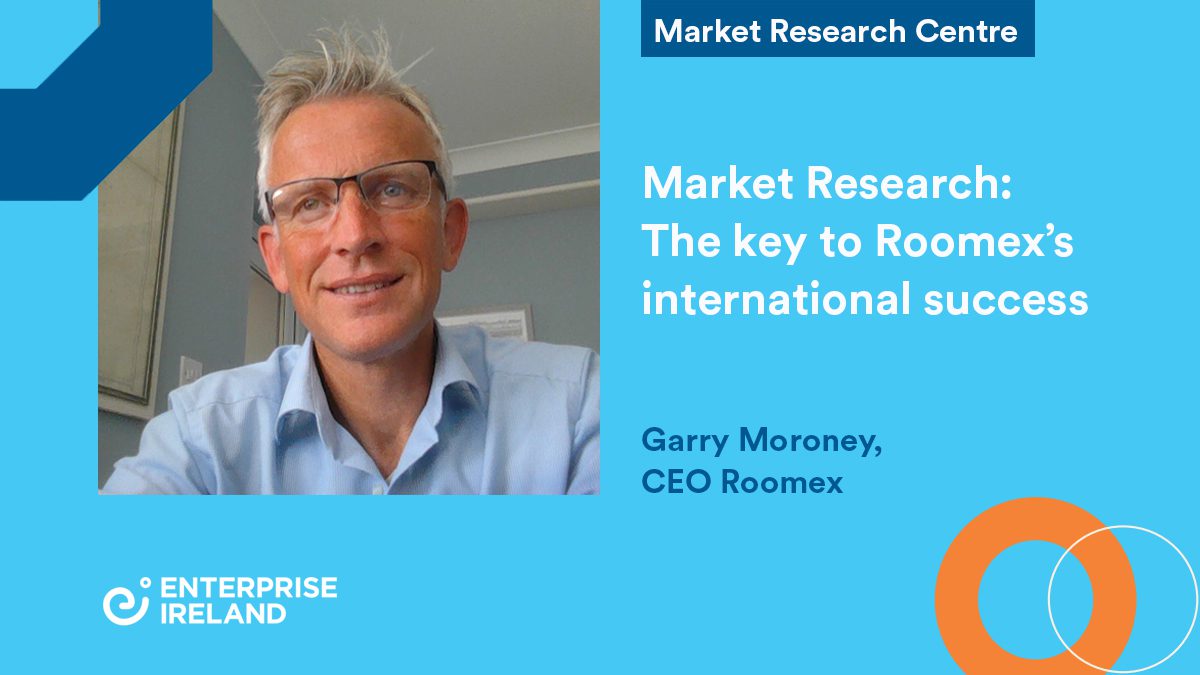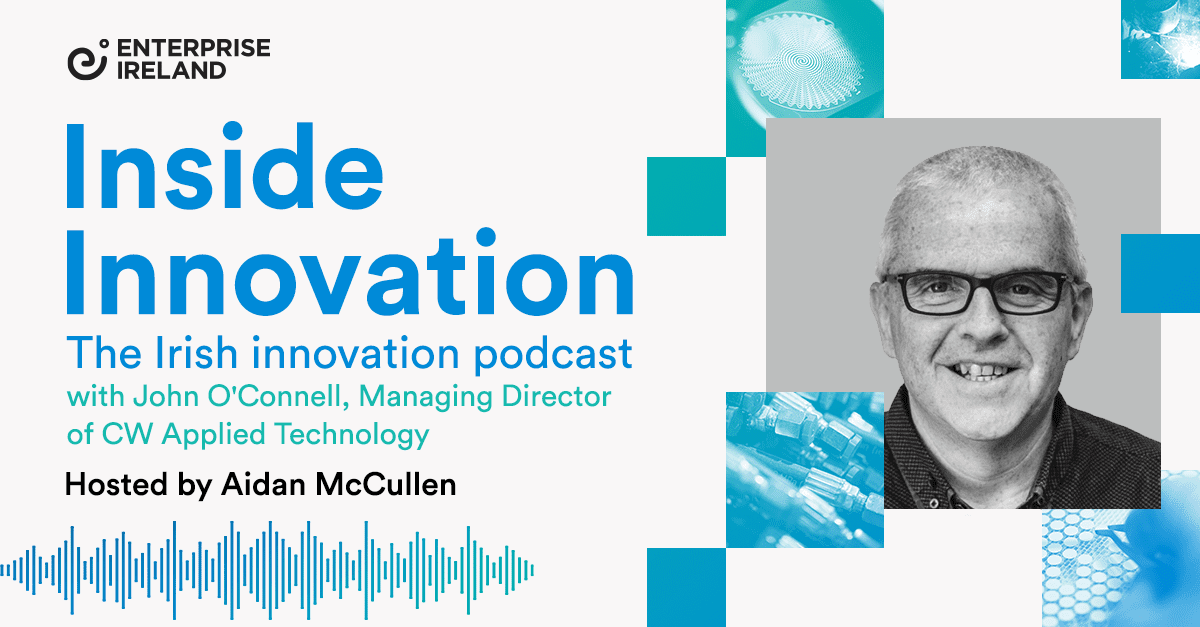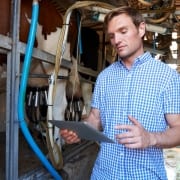Speak the language of European customers
Enterprise Ireland’s GradStart programme helps companies to break through the language barrier.
The single market has given Irish companies free and unfettered access to markets across Europe, and the euro has eliminated currency risk in the majority of them, but a significant trade barrier remains – language. When compared with other EU member states, particularly those in the west of the continent, Ireland lags behind when it comes to language proficiency.
This lack of skills can present real difficulties for Irish companies seeking to break into European markets. “You have to be proficient if you want to be taken seriously,” explains Helen McMahon, senior executive for Client Skills with Enterprise Ireland. “Cultural understanding is also very important when entering a new market, and the ability to speak to potential customers in their own language is vital in that respect.”
Overcome the language barrier with GradStart
Help is at hand for companies who wish to overcome the language barrier in the form of the Enterprise Ireland GradStart programme, a new initiative aimed at supporting Enterprise Ireland client companies with the recruitment of graduates to help develop and expand their businesses.
“The programme has been designed to support companies to attract talent and recruit graduates,” says McMahon. “It will help them create a talent pipeline to support and grow their business.”
GradStart provides financial support for the recruitment of up to three graduates in a company. Fifty per cent of the graduate’s yearly salary, subject to a maximum of €15,000 per annum in grant aid, is available for two years, depending on certain conditions.
“The graduate has to be allocated to a specific role and project in the business,” McMahon points out. “The company has to show that it will benefit from having additional expertise in that role and that it will contribute to the growth plan for the business. There also has to be potential for the graduates to learn and acquire new skills. We want the graduates to develop and gain from it as well.”
Very importantly, additional support is on offer for graduates with proficiency in a language relevant to this business; for this cohort, grants of up to 70% of salary subject to a maximum of €21,000 per annum for two years is available. Language proficiency is defined as the graduate being a native speaker; and/or holding a diploma in a required language from a recognised language institute; and/or has lived in a country for at least six months where the required language is the first language of that country; and/or holds a minimum level 6 qualification from a course wholly or partly dedicated to language studies.
“This will help address the lack of language skills in companies,” says McMahon “and help companies attract graduates with language ability. Although graduates cannot be assigned to direct sales and marketing roles, they will add enormous value to a company in areas crucial to successful market entry and growth such as market analysis, research on market needs and competitors, and marketplace profiling or roles in other key aspects of the business. Having a direct knowledge of the local language is essential for all of these things.” Over time, these graduates may have the opportunity to become permanent members of staff.
Importance of languages in the Eurozone
Looking to the Eurozone, she points out that language is vitally important regardless of the market concerned. “Even in the Netherlands, where English is so widely spoken, company websites and technical documentation will be in Dutch, and you need to fully understand these in order to compete successfully.”
IMS Labels hired graduate Marcella Mendes, who speaks Portuguese, Italian, Spanish and English, with the support of the GradStart programme. “The Enterprise Ireland GradStart Programme has not only enabled IMS Labels to rapidly develop our expertise through highly skilled graduates, it gave us an instant advantage in our international target markets through multilanguage capability,” says Commercial Director, Steven Burke.
Contract manufacturer Keltech has benefited through hiring a German-speaking graduate: “English is the universal business language,” says Business Development Manager, Seamus Lawlor. “However, we felt that certain opportunities were not being realised by not speaking our clients’ mother tongue. The introduction of our native German-speaking graduate in 2018 bridged this gap. Our clients are genuinely impressed that we have taken the time and effort to recruit a multilingual employee who can dive deeper into their requirements through their native language.”
Developing in-company capability for Eurozone languages is increasingly important, particularly in light of Brexit. “Even if there was no Brexit, there is a need to build Irish exports in the Eurozone,” McMahon notes. “And we must not let language be a barrier to that. The GradStart programme can help companies overcome that barrier while also bringing in new skills to help them meet their growth ambitions.”
The benefits aren’t limited to Eurozone markets of course. “Language proficiency can be even more important in Asia, where English is not so widely spoken, and cultural sensitivity can be crucial to success. GradStart can help companies recruit overseas graduates who were studying here and are now looking for an opportunity to stay on,” McMahon adds.
Companies wishing to avail of support under the GradStart programme should contact their Enterprise Ireland development advisor in the first instance. “They will guide the company through the process and assess if they are eligible for support to employ one, two or three graduates. We can help companies find the graduates, but we also encourage companies to source graduates directly. We recommend that companies build relationships with third-level institutions to support them to build talent pipelines for the future. We have set up the gradhub.ie website to help companies find the right graduates and they can also use the gradireland.ie website.”
















